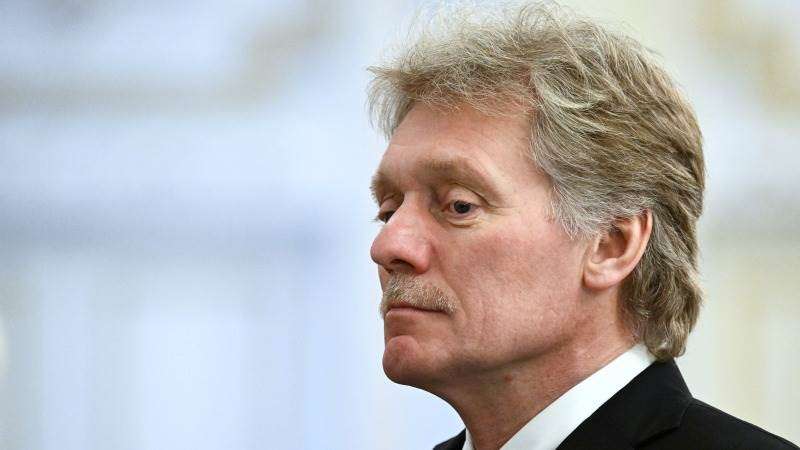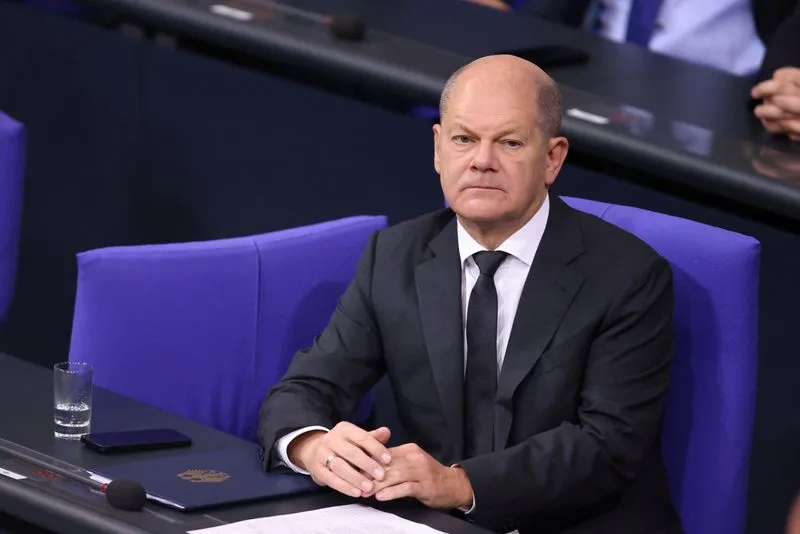France, Germany, Italy and Poland have signed a letter of intent to develop ground-launched cruise missiles with a range beyond 500km (310 miles).
It is aimed at filling what they say is a gap in European arsenals exposed by Russia’s war in Ukraine.
This came a day after the US and Germany announced they would begin deploying US long-range missiles on German soil in 2026, including the SM-6, Tomahawks and developmental hypersonic weapons, to demonstrate their commitment to NATO and European defence.
They said that the “episodic deployments” were in preparation for longer-term stationing that would include SM-6, Tomahawk cruise missiles and hypersonic weapons with a longer range than current capabilities in Europe.
Speaking on the sidelines of the NATO summit in Washington DC after the signing ceremony on Thursday, July 11, 2024, French Defence Minister, Sébastien Lecornu said that the new missile was meant to serve as a deterrent.
“The idea is to open it up as widely as possible,” he told reporters and suggested the UK’s new Labour government could join.
He added, “It has value, including on a budgetary level, because it obviously also allows the various costs to be amortized.”
A first draft of the weapon might be sketched out by the end of the year, he said, with the specifications such as the range to be worked out in more detail later.
Also, German Chancellor, Olaf Scholz praised a plan to allow the deployment of US long-range missiles in his country, saying it fits perfectly into Germany’s own deterrence strategy.
“This decision has been a long time in the making and comes as no real surprise to anyone involved in security and peace policy,” Scholz told reporters at the NATO summit in Washington DC.
“After all, it fits in perfectly with the German government’s security strategy,” he added.
Meanwhile, NATO said on Wednesday, July 11, 2024, that a new US air defence base in northern Poland, designed to detect and intercept ballistic missile attacks as part of a broader NATO missile shield, was mission-ready.
Russia To Counter Planned US Deployment Of Long-Range Missiles In Germany
Deputy Russian Foreign Minister, Sergei Ryabkov said that Moscow had anticipated the US-German missile move which he portrayed as being designed to intimidate Russia and which further destabilised regional security and strategic relations.
“The necessary work on the preparation of balancing countermeasures by the relevant Russian state agencies was started well in advance and is being carried out on a systematic basis,” Ryabkov said in a statement on his ministry’s website.
“Without nerves, without emotions, we will develop a military response, first of all, to this new game,” he added.
Additionally, Kremlin Spokesperson, Dmitry Peskov said that the North Atlantic alliance has once again “very clearly confirmed its essence.”

He stated, “It is an alliance created in an era of confrontation with the aim of maintaining confrontation.”
“Tensions on the European continent are escalating” as a result, he added, saying that the Kremlin was watching as Nato’s military infrastructure crept closer.
“We see the decisions taken in NATO to create separate logistics hubs in Black Sea cities, the opening of additional facilities in Europe, and we see that in fact NATO’s military infrastructure is constantly and incrementally moving towards our borders.
“This obliges us to analyse very deeply the decisions taken in the discussion that took place. This is a very serious threat to the national security of our country.”
Dmitry Peskov
“All of this will require us to take thoughtful, coordinated, effective responses to deter NATO, to counteract NATO,” he said.
READ ALSO: Storms Wreak Havoc in Cape Town, Thousands Displaced























